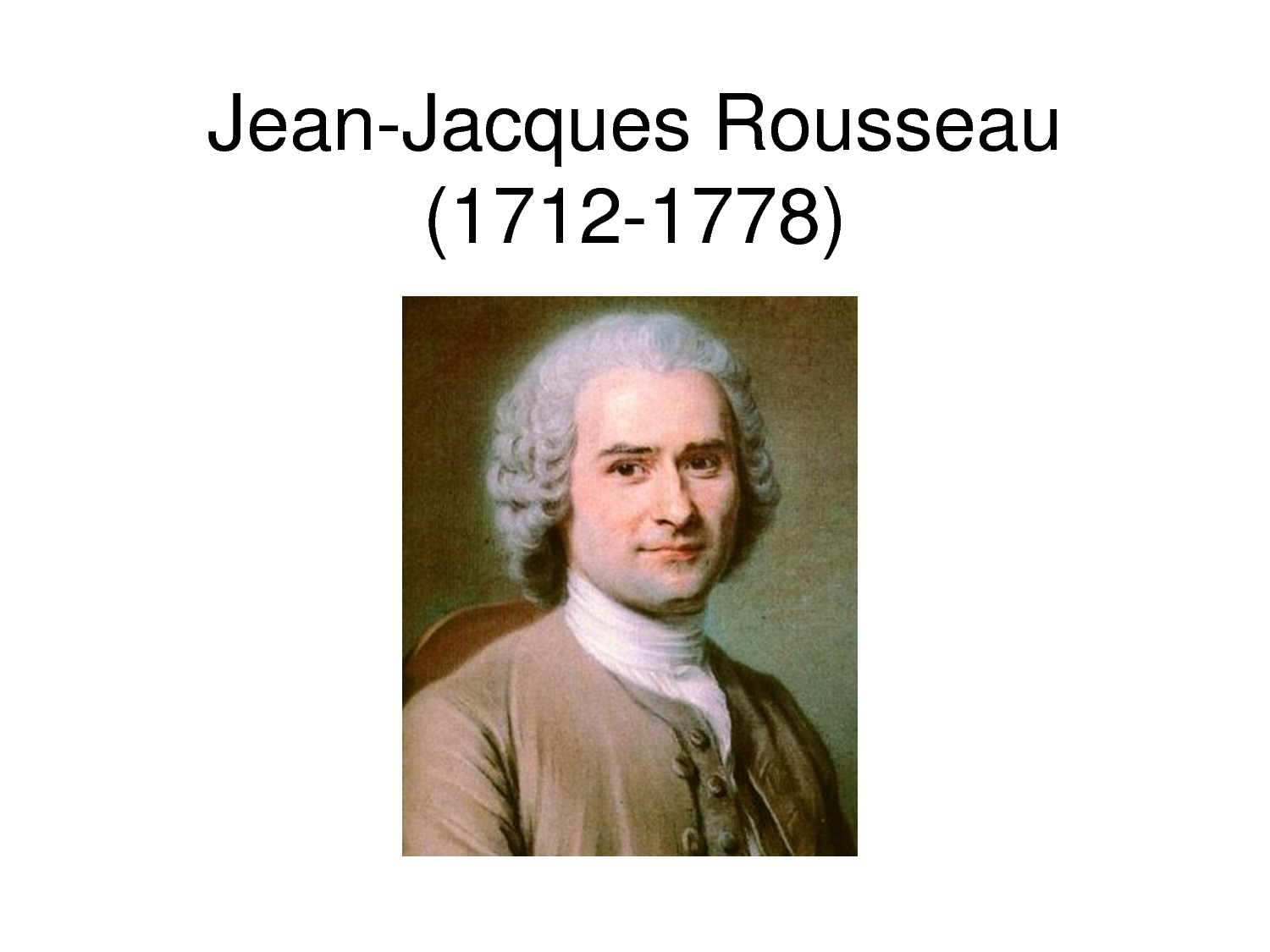
To be sure, Rousseau and the general will were very clearly in the air during the French Revolution - on both sides. The volume, written by scholars from Europe and the United States and drawn from a 2009 conference held in Aarhus, Denmark, consists of eleven essays plus an introduction.

These two features come together in the new edited volume, Rousseau and Revolution, which probes the many ambiguities in Rousseau's political writings to explore whether or not he is properly understood as a muse for revolutionaries, whether in France or elsewhere. He can be found advancing ancient and modern devices, celebrating the solitary life while insisting on the social, condemning the arts while writing novels and operas, and insisting that freedom involves being forced against one's evident will. Among more familiar readers, he is known for the many paradoxes and ambiguities that cover most corners of his oeuvre. The popular image persists of Robespierre quoting passages from the Social Contract while simultaneously ordering executions.

Among casual readers, he is known as the muse of the Jacobins in the French Revolution. Jean-Jacques Rousseau is perhaps most famous or even infamous for two features associated with his work and its influence.


 0 kommentar(er)
0 kommentar(er)
